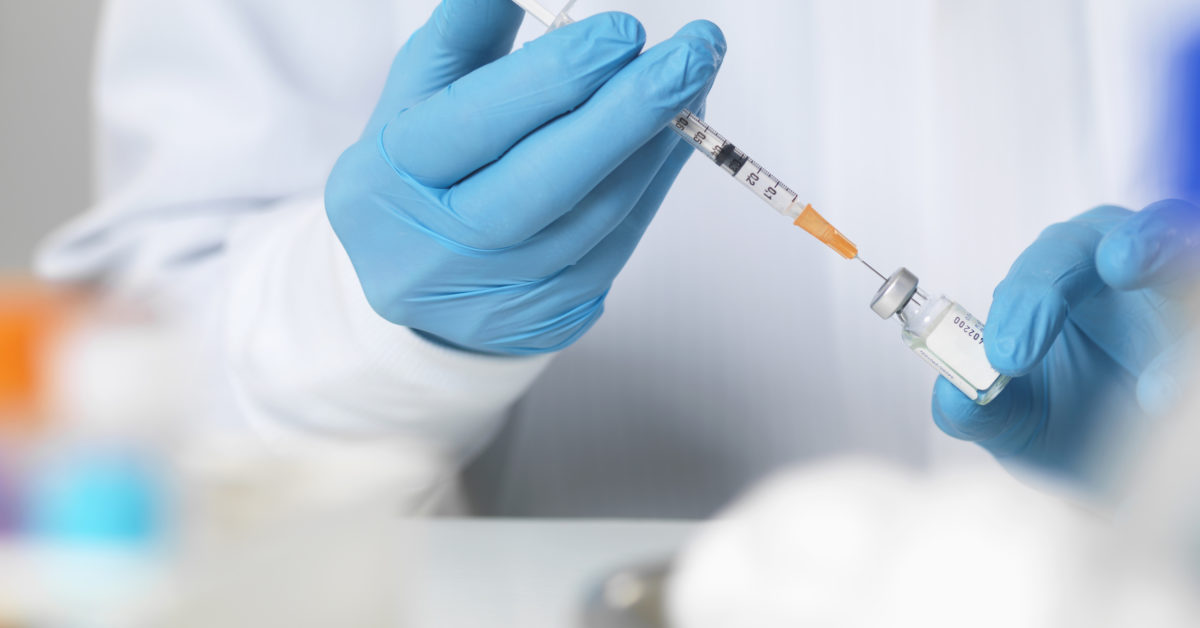Researchers from China report the initial findings of the first human trial for a potential vaccine against SARS-CoV-2, the new coronavirus. The results are promising, suggesting that the vaccine is mostly safe and apparently effective.

At present, there are numerous clinical trials around the world testing potential vaccines against the new coronavirus, SARS-CoV-2.
The first human trial for such a vaccine started in early March. It is the work of researchers from several Chinese institutions, including the China National Institute for Food and Drug Control in Beijing, the Beijing Institute of Biotechnology, and the Chinese vaccine company CanSino Biologics.
Phase 1 of this trial, which tests primarily for safety, has recently concluded, and the scientists now report their findings in The Lancet.
Thus far, the team is satisfied that the vaccine they are testing is mostly safe and holds the promise of effectiveness.
“These results represent an important milestone,” says lead researcher Prof. Wei Chen, from the Beijing Institute of Biotechnology in Beijing.
The vaccine in this clinical trial is called the “adenovirus type 5 vectored COVID-19 (Ad5-nCoV) vaccine.”
The vaccine uses an adenovirus — a common virus — that is no longer able to replicate or infect — as the “base” to which spike proteins specific to SARS-CoV-2 are attached.
Spike proteins are proteins present on the surface of viruses, which “help” the virus to infect healthy cells and spread further.
By using an inactivated virus that features the SARS-CoV-2-specific spike protein, the vaccine’s purpose is to “teach” the human immune system to recognize the presence of SARS-CoV-2 and fight the virus.
In phase 1, the researchers recruited 108 participants, of whom 51% were male and 49% female, with a mean age of 36.3 years.
The researchers split the participants into three equal groups to test three dosages of the vaccines: a low dose, a middle dose, and a high dose.
This trial was not randomized, and it was open-label, meaning that the researchers knew what they were administering, and the participants knew what they were receiving.
The researchers collected and assessed blood samples from the participants regularly after the vaccinations. They also kept track of any emerging symptoms the participants might experience.
At the 28-day mark post vaccination, the results indicated that the participants tolerated the experimental vaccine well, and, while many volunteers did have adverse reactions, these were not serious and did not last long.
Of the participants who received a low dose of the vaccine, 30 (83%) reported at least one adverse reaction within 7 days from in

